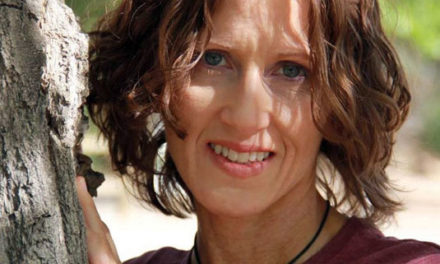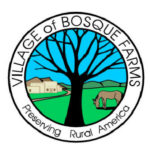Our weather has been keeping us on our toes as to what the daily temperatures, precipitation and vast wind might bring. This pattern, of course, comes as no surprise to us locals.

Sierra Cain
The variation of warmer, sunny days and the return of colder, cloud-covered days alternating throughout the week is expected. But, a reminder to hold off on purchasing and planting our delicate flowers and warm season vegetables is in order.
The sunny days encourage us to feel the edge of spring and can make us antsy to start planting. Keep in mind the last dates of frost, growing zones and varieties for your area to keep your planting season and landscaping on track for a bountiful year.
Spring for the 2022 year begins on March 20, and ends on June 21. As March is in full swing, spring is going to be here before we know it! Here in Valencia County, our last frost date typically occurs between April 20 and May 10. Lynda Garvin mentioned in the last article, March is the greatest time to plant asparagus crowns, lima, fava and garbanzo beans, beets, radish, broccoli, cabbage and turnips. Noting our frost times, vegetables such as peppers, squash, tomatoes, and melons should be planted after the last expected frost date.
Lawns also need some care for spring. In our area, March is the perfect time to remove the excess dead plant material, especially leaves accumulated from the autumn and winter months so your grass can start to breathe. Lawns should not have leaves covering the grass for long periods of time, as this diminishes the amount of sun being received.
Lawns air and water penetration is related to the thatch layer. The thatch layer is a mixture of the living and dead roots along with other material that is located between the layer of green grass vegetation and the soil’s surface. Aeration can be performed to help penetration of the air and soil. More information can be found using the New Mexico State University Cooperative Extension Service publication titled “Lawn Care for Disease Control” at aces.nmsu.edu/pubs/_h/H507/welcome.html.
Don’t forget to provide your lawn with some water during the dry and warm spells of our remaining winter season as well. Garvin recommends giving your lawn a slow watering once a month. If your lawn is planted with cool season grasses, you can look to start fertilizing in mid-April.
As for warm season grasses, fertilization for spring can begin mid-May. To determine specific soil details and needs, a soil test can be attained. Please reach out to your local Extension Office with help in soil testing. More information on fertilizing, watering and yard waste can be found the NMSU CES publication titled “Yard Waste Management” at aces.nmsu.edu/pubs/_h/H122/welcome.html.
Be sure when you are tidying up your yard, you don’t get any of your bulbs you may have planted this fall. Also, be sure to remove the first signs of weeds that are popping up early. This helps the plants not go to seed leading to a decrease in weed production later in the season.
If you are interested in classes regarding spring vegetables, John Garlisch, the Bernalillo County Agriculture and Natural Resources agent, will be hosting a “Spring Veggie Gardening” live on March 16. Registration is required and can be found on our Valencia County Extension web page. The link to registration is located under the program announcements section below.
Program announcements
To register for an upcoming program, call the Valencia County Cooperative Extension Service at 505-565-3002. For more information, visit valenciaextension.nmsu.edu.
- Ready, Set, GROW! Free gardening classes are being offered virtually. Visit the link for more information: valenciaextension.nmsu.edu.
If you are an individual with a disability who requires auxiliary aid or service to participate in a program, please contact the Valencia County Cooperative Extension Service Office at 505-565-3002 two weeks in advance of the event.
New Mexico State University is an equal opportunity/affirmative action employer and education. NMSU and the US Department of Agriculture cooperating.

Sierra Cain, guest columnist
Sierra Cain is the Valencia County 4-H/Youth Development agent for the New Mexico State University Cooperative Extension Service.















